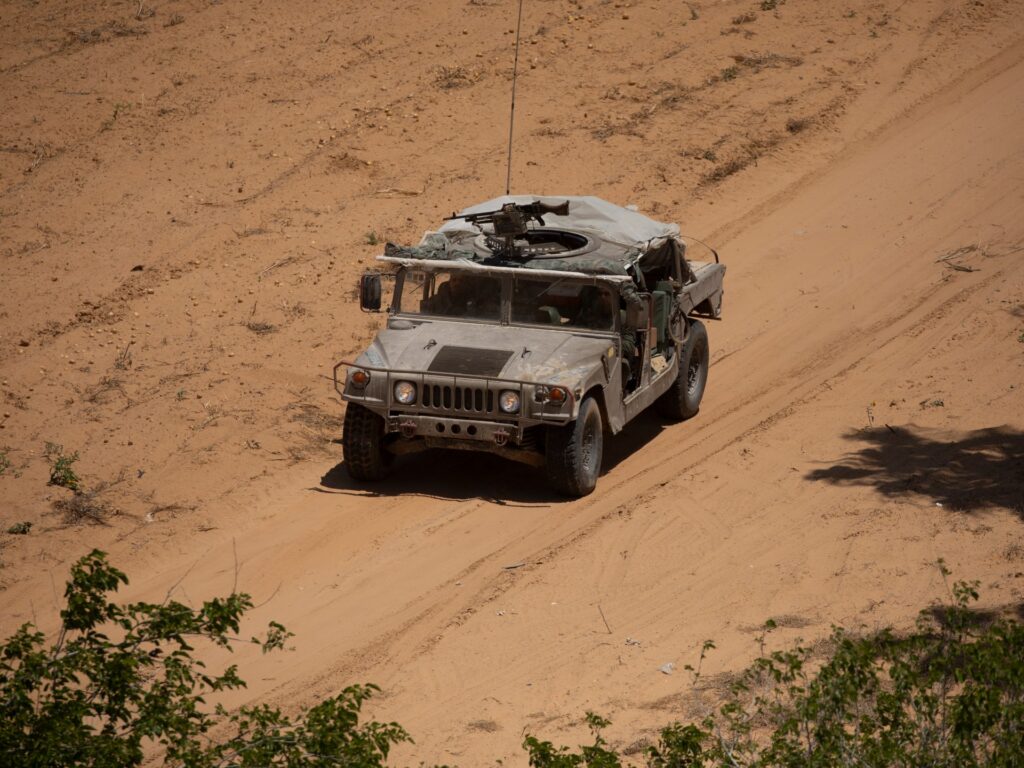Britain and the United States reaffirmed their opposition to a military ground operation in Rafah, south of the Gaza Strip, at a time when more than 300,000 Palestinians were displaced due to the occupation army expanding its operation in the city.
British Foreign Secretary David Cameron said that it was extremely dangerous, and also wrong, for Israel to launch the operation without a plan to protect civilians.
Cameron also confirmed – in statements to Sky News – that the deal for the detained prisoners is the right solution to stop the fighting.
Since Tuesday, Israel has intensified air and artillery bombardment and began carrying out ground incursions into the border city of Rafah with Egypt, where about 1.4 million people reside, according to the United Nations, most of whom were displaced from other areas due to the war launched by Israel in the Gaza Strip.
Israel called on residents of the eastern neighborhoods of Rafah to leave for the “humanitarian area” in Al-Mawasi. The Israeli army confirmed on Saturday that the number of displaced people from eastern Rafah exceeded 300,000.
The Israeli plans to attack Rafah raised widespread international concern, including parties allied with Israel, most notably the United States, in light of warnings of the consequences of this attack on civilians and the already catastrophic humanitarian conditions in the Strip, which is now threatened by famine.
In another context, Cameron said – today – that halting British arms sales to Israel, if it launches a ground attack on Rafah, will increase the strength of the Islamic Resistance Movement (Hamas).
He added – in a statement to the BBC – that Britain is in a “completely different situation” from the United States with regard to supplying weapons to Israel, as Britain’s share of them is less than 1%, and the sale of weapons is already subject to the supervision of a strict licensing system.
The British minister said that simply announcing today that we would completely change our approach to arms exports, rather than following our precise process, would increase the strength of Hamas and reduce the prospects of concluding an agreement on the detained prisoners.
The American position
For his part, US Secretary of State Anthony Blinken said that the United States is very concerned about the harm that the Israeli military operation in Rafah will cause to civilians.
He added that going to Rafah does not solve the problem, which is preventing Hamas from returning to power in Gaza. Blinken stressed in an interview with NBC that if Israel decides to proceed with a military operation in Rafah, the United States does not want to be part of that.
He also said that the report issued by the Foreign Ministry regarding the extent of Israel’s compliance with international law in the use of American weapons indicates that it sometimes acted in a way that did not take into account international humanitarian law in Gaza.
Blinken stressed that Israel has the desire and ability to conduct investigations into this matter itself, as he put it.

